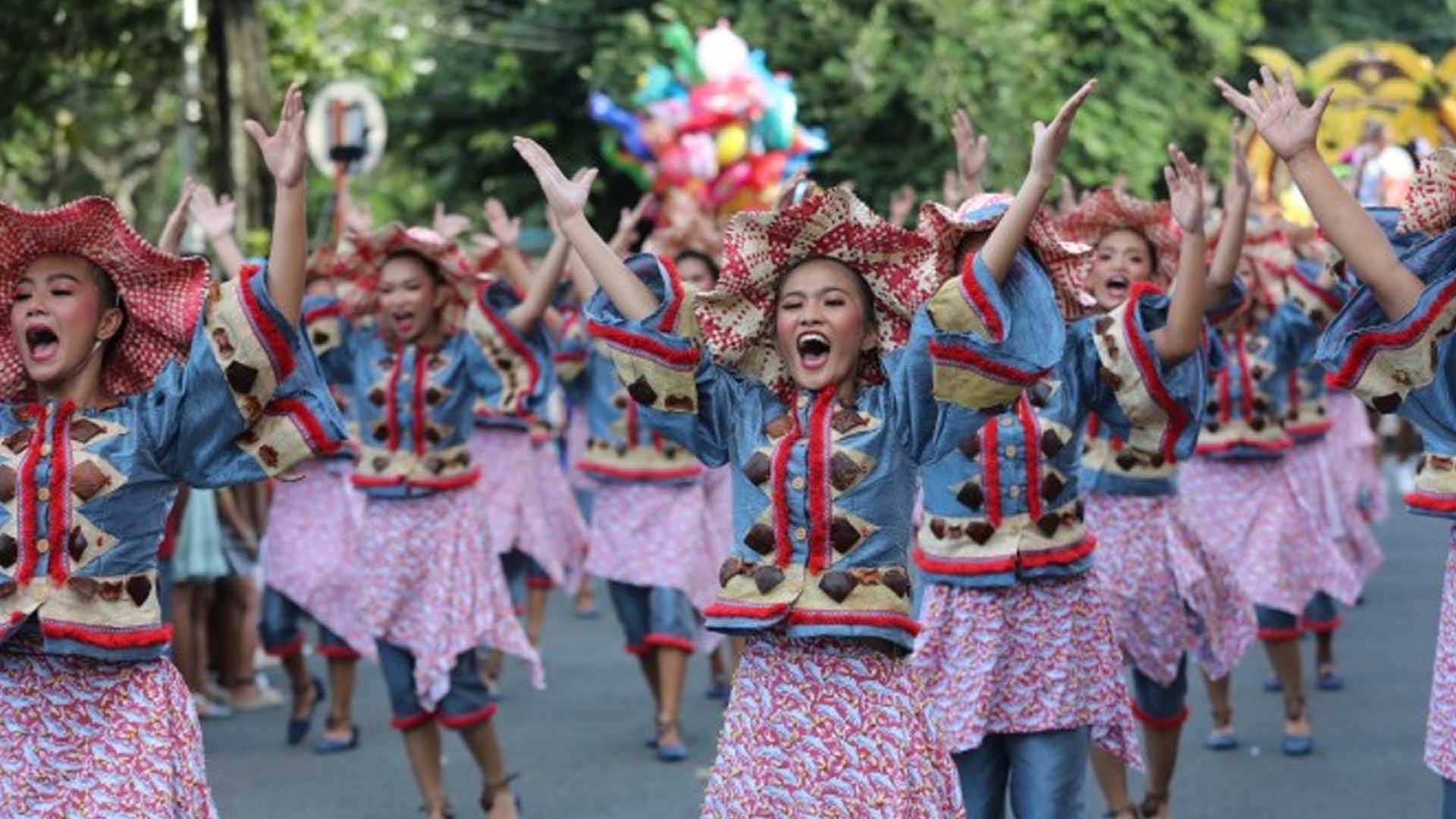The Niyogyugan Festival, Quezon province’s annual event to celebrate its coconut farmers, resumed after a three-year halt, bringing in an average of 20,000 tourists daily.
The 11-day long festival that ended Saturday is part of the province’s commemoration of the birth anniversary of President Manuel L. Quezon.
It was the first to be held since its last staging in 2019, after which the Covid-19 pandemic canceled all events.
Data from the Quezon provincial government showed that between 18,000 and 24,000 tourists participated in the daily activities
Quezon, which targets to reach at least PHP7 million in sales, had generated almost PHP4 million by the eighth day of the festival.
“Quezon is still the top producing province of coconut in the entire Philippines so we celebrate niyog (coconut). Yugyog means a celebration, to dance, and make it a lively celebration,” Quezon Provincial Tourism Officer Nesler Louies Almagro said in an interview.
While not as grand in scale as compared to 2019, the festival is nothing short of impressive and still showcased the rich culture Quezon has as one of the country’s top coconut producers.
Like the 2019 edition, this year’s festival took visitors to observe the vanishing “tagayan” ritual, giving them a taste of the Philippine lambanog (coconut vodka) offered by a “tanggera/tanggero” (server of drinks).
It featured a multitude of local products unique to Quezon’s cities and municipalities, such as Lucban’s pancit habhab (noodles with pork and vegetables, eaten from a banana leaf sans utensils), Infanta’s suman sa gata (rice cake with coconut milk, wrapped in banana leaf), among others.
At the grand parade on Saturday, 27 towns participated and displayed Quezon province’s storied past and tradition through floats and street dance.
Gumaca made it known that the Philippines’ first registered architect ,Tomás Mapúa, was from the town and incorporated his design, the so-called Gumaca Type Presidencia, in its float.
Atimonan gave a glimpse of its devotion to Nuestra Señora de los Angeles (Blessed Mother of Angels) and brought visitors to its very own Tagultol Fishing Festival, delighting street with dancers reenacting the town’s popular fishing method “tagultol” (a rectangular stone tied at the end of abaca or hemp strings dipped in honey).
General Luna’s three-meter float, meanwhile, captured the town’s distinct Catholic tradition, the Centurion Festival, characterized by colorful Roman costumes, painted masks and helmets, that can only be experienced during the Holy Week.
Still, the theme is common. Be it coco lumber or coconut husks as props and float material, the locals made sure to celebrate the revered “niyog.”
‘Reintroducing Quezon’
Quezon Governor Angelina Tan said the province will stage another Niyogyugan in 2024.
Coconuts aside, the festival also served as an avenue to reintroduce Quezon to tourists and promote the province’s numerous destinations.
“When you’re in Quezon, there are a lot of options and choices that tourists can visit. Nearby Lucena City, we have Tayabas, we have Lucban, we have Sariaya where the beaches are nice, we also have Mount Banahaw so they have others to visit aside from Niyogyugan,” she told reporters in a press conference.
Tan said the number of destinations that are more accessible to tourists is also growing due to efforts to enhance tourism infrastructure.
“Maraming magaganda na po ang daan, like when you go to Alibijaban in San Andres, Quezon, maganda po ang daan papunta roon, ma-i-expereince nila ‘yung difference from before na ayaw mong pumunta na kahit kotse mahirap idaan (We have a lot of places with improved roads already like Alibijaban in San Andres, Quezon, it’s a nice destination. It’s no longer like before where you’d rather not go because it’s hard to drive there even by car),” Tan said.
Tan assured tourists that Quezon is safe for travel.
“Quezon’s insurgency-free declaration is a good component of tourism right now because in the past they are afraid of visiting Quezon. Our police can attest that it is safe to go to Quezon,” she said.
Earlier, the Department of Tourism launched the REINA Tourism Circuit of Quezon, targeting adventurous tourists with Real, Infanta, and General Nakar’s attractions, including alternative surfing spots. (PNA)




